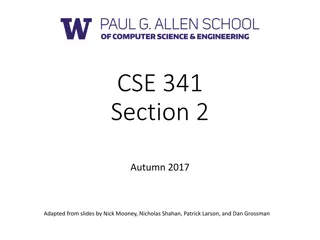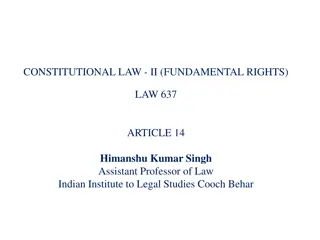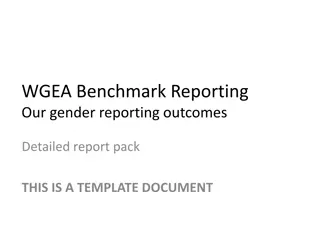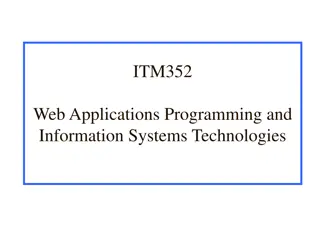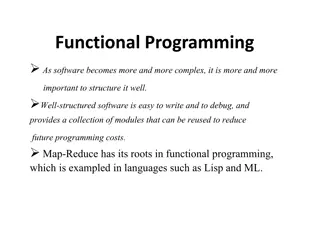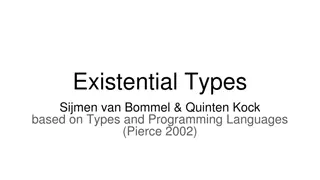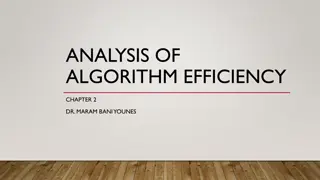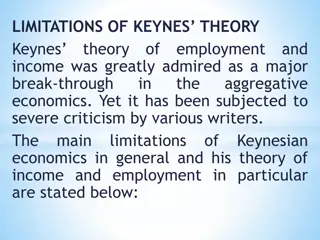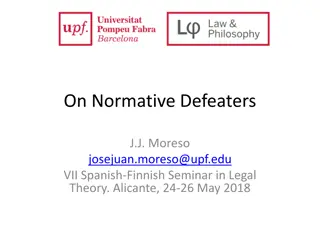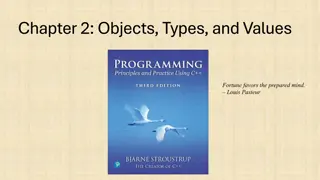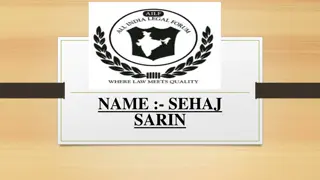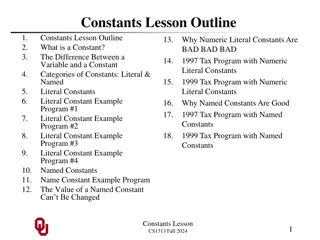Understanding Type Generality and Equality in Programming
Explore the concepts of type generality and equality in programming, including the relationship between different types, substitution rules, and the implications for code design and functionality. Delve into examples of function appending, type synonyms, and how to handle comparisons within programs efficiently.
Download Presentation

Please find below an Image/Link to download the presentation.
The content on the website is provided AS IS for your information and personal use only. It may not be sold, licensed, or shared on other websites without obtaining consent from the author. Download presentation by click this link. If you encounter any issues during the download, it is possible that the publisher has removed the file from their server.
E N D
Presentation Transcript
Section 2 CSE341 Konstantin Weitz
Type Synonyms What if I want to call int * int * int a date? type date = int * int * int
Type Synonyms type vs datatype Datatype introduces a new type name, distinct from all existing types datatype suit = Club | Diamond | Heart | Spade datatype rank = Jack | Queen | King | Ace | Num of int Type is just another name type card = suit * rank
Type Synonym Why? For now, just for convenience. It doesn t let us do anything new. Later in the course we will see another use related to modularity.
Type Generality Write a function that appends two string lists
Type Generality We expected string list * string list -> string list But the type checker says a list * a list -> a list Why is this okay?
Type Generality The type a is more general More general types can be used as any less general type.
Type Generality The more general rule A type t1 is more general than the type t2 if you can take t1, replace its type variables consistently, and get t2
Equality Types Write a contains function
Equality Types Double quotes arise from use of the = operator We can only use = on types that can be compared Generality rules work the same, except substitution must be some type which can be compared with =
Syntactic Sugar If-then-else is just a case statement in disguise
Syntactic Sugar Pattern matching


